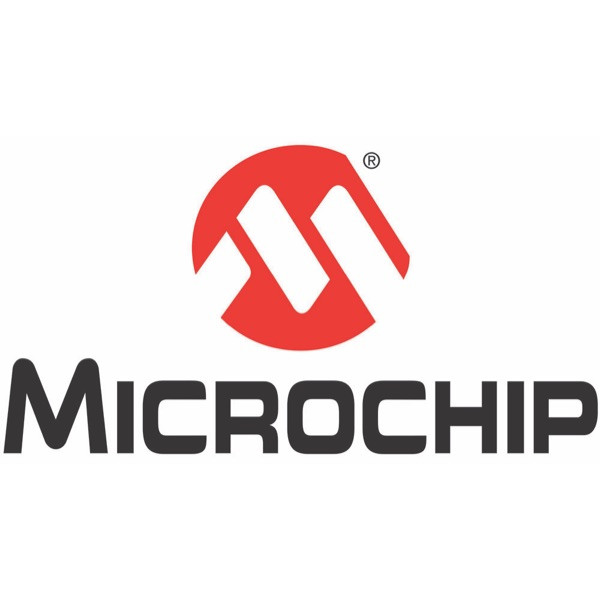MCUs offer multiple independent closed-loop power channels and management
26-02-2015 |
Microchip Technology
|
Semiconductors
Microchip has unveiled a new family of 8-bit PIC Microcontrollers (MCUs).
The PIC16(L)F1769 family is the first PIC MCU group to offer up to two
independent closed-loop channels. This is achieved with the addition of the
programmable ramp generator (PRG), which automates slope and ramp
compensation, and increases stability and efficiencies in hybrid power
conversion applications. The PRG provides real-time, down to the
nanosecond, responses to a system change without CPU interaction for
multiple independent power channels. This gives customers the ability to
reduce latency and component counts while improving system efficiency.
The PIC16(L)F1769 family includes intelligent analogue and digital
peripherals, including tri-state op amps, 10-bit ADCs, 5- & 10-bit DACs, 10-
and 16-bit PWMs, and high-speed comparators, in addition to two 100mA
high-current I/Os. The combination of these integrated peripherals helps to
support the demands of multiple independent closed-loop power channels and
system management, while providing an 8-bit platform that simplifies design,
enables higher efficiency and increased performance while helping to
eliminate many discrete components in power-conversion systems.
In addition to power-conversion peripherals, these PIC MCUs have a unique
hardware-based LED dimming control function enabled by the interconnections
of the Data Signal Modulator (DSM), op amp and 16-bit PWM. The combination
of these peripherals creates a LED-dimming engine synchronising switching
control and eliminating LED current overshoot and decay.
The synchronisation of the output switching helps to smooth dimming,
minimise colour shifting, increase LED life and reduce heat. This family
also includes Core Independent Peripherals (CIPs) such as the configurable
logic cell (CLC), complementary output generator (COG) and zero cross detect
(ZCD). These CIPs take 8-bit PIC MCU performance to a new level, as they
are designed to handle tasks with no code or supervision from the CPU to
maintain operation, after initial configuration.
As a result, they simplify the implementation of complex control systems and
give designers the flexibility to innovate. The CLC peripheral allows
designers to create custom logic and interconnections specific to their
application, reducing interrupt latency, saving code space and adding
functionality. The COG peripheral is a powerful waveform generator that can
generate complementary waveforms with fine control of key parameters, such
as phase, dead-band, blanking, emergency shut-down states and error-recovery
strategies. It provides a cost-effective solution, saving both board space
and component cost. The ZCD senses when
high-voltage AC signal crosses through ground, which is ideal for TRIAC
control functions.
The new 8-bit PIC MCUs provide the capability for multiple independent,
closed-loop power channels and system management making these products
appealing to various power supply, battery management, LED lighting,
exterior/interior automotive lighting and general-purpose applications. In
addition to all of these features, the family offers EUSART, I2C/ SPI and
eXtreme Low Power (XLP) Technology, and are offered in small form-factor
packages, ranging from 14- and 20- pins.
The PIC16(L)F1769 family is supported by Microchip's standard suite of
world-class development tools, including the MPLAB ICD 3 (DV164035) the
PICkit 3 (PG164130) and the MPLAB Code Configurator, which is a plug-in for
Microchip's free MPLAB X Integrated Environment (IDE) and provides a
graphical method to configure 8-bit systems and peripheral features, taking
designers from concept to prototype in minutes by automatically generating
efficient and easily modified C code for each application.
The PIC(L)F1764, PIC(L)F1765, PIC16(L)F1768 and PIC(L)F1769 are available
now for sampling in 14- to 20-pin PDIP, SOIC, SSOP, TSSOP, and QFN packages,
with volume production expected in March, says the company.
By Electropages
Electropages is a trusted source of news and insights from the global electronics industry. With a dedicated team of experts and editors, Electropages delivers in-depth articles, product updates, and market trends across sectors such as embedded systems, IoT, connectors, and power solutions. Our mission is to empower engineers and professionals with the knowledge they need to innovate and succeed in a rapidly evolving technological landscape.


